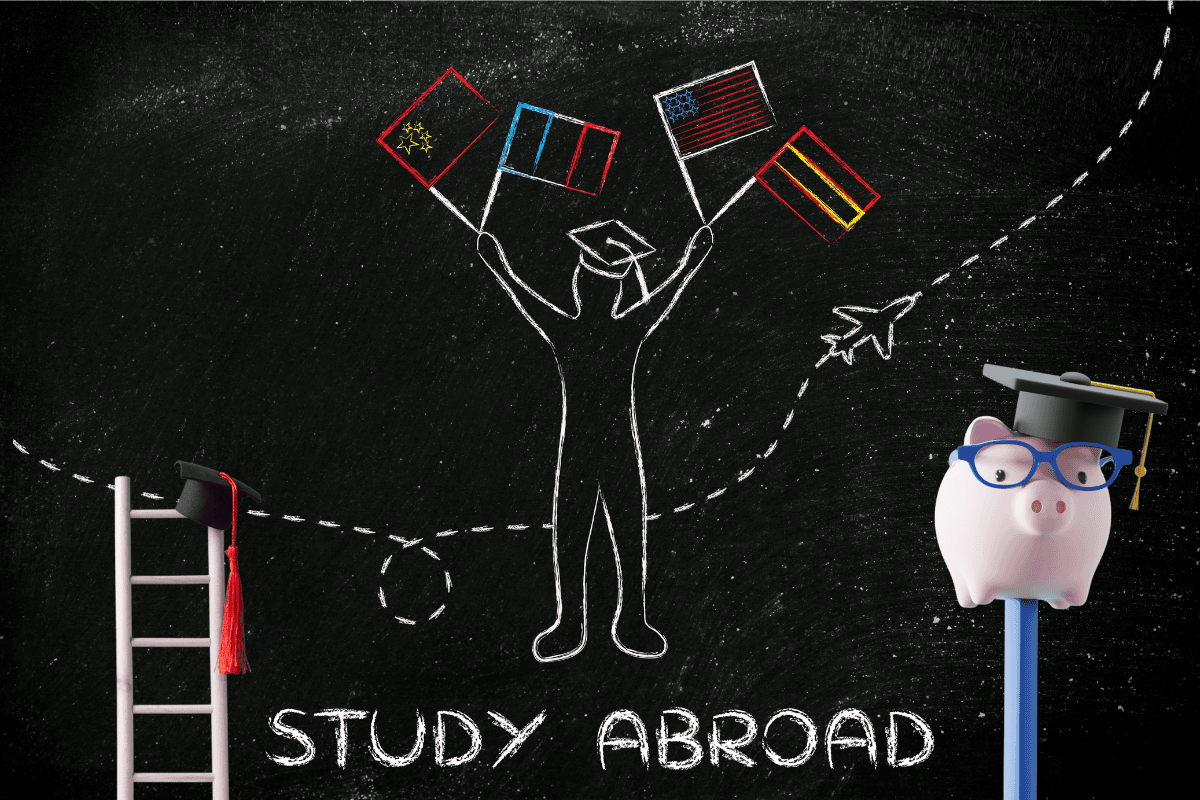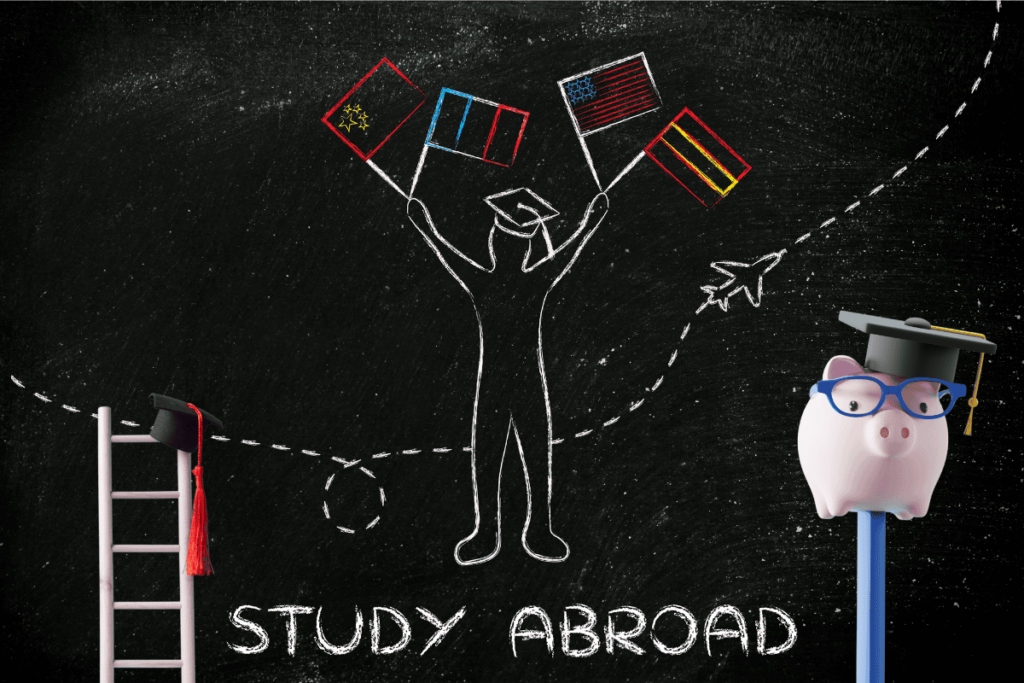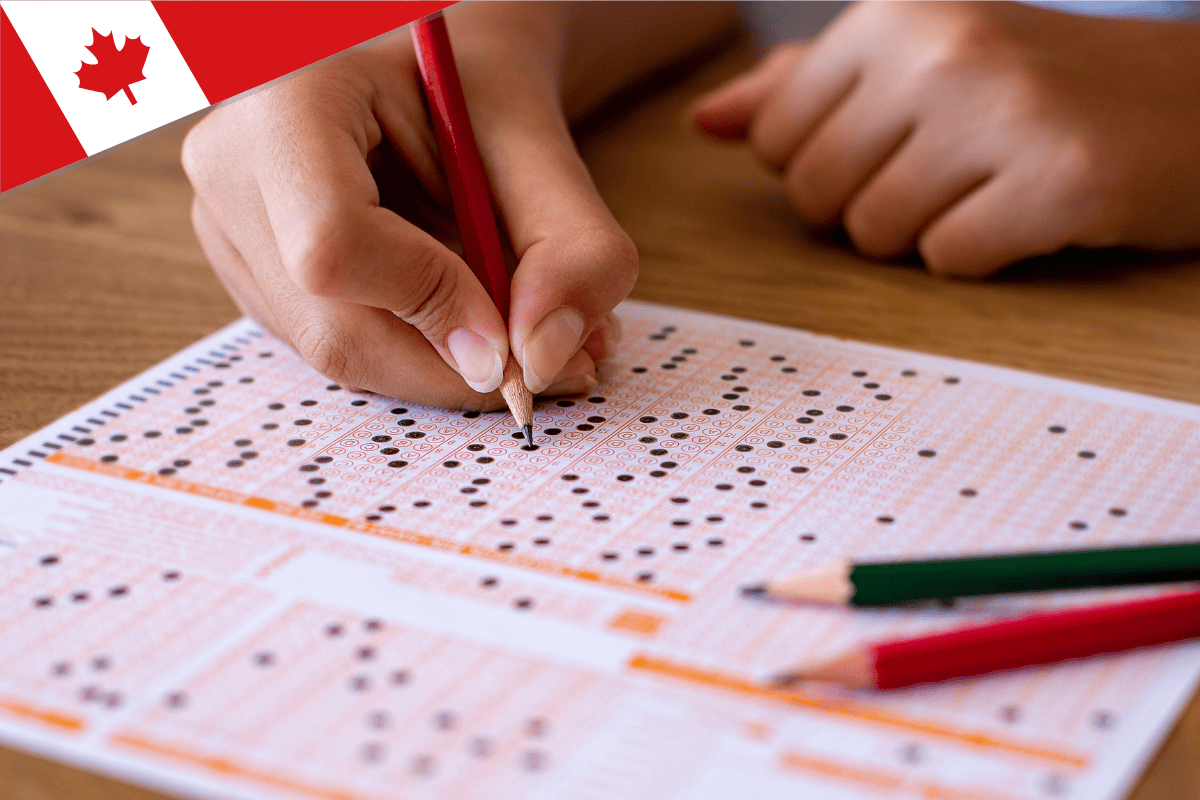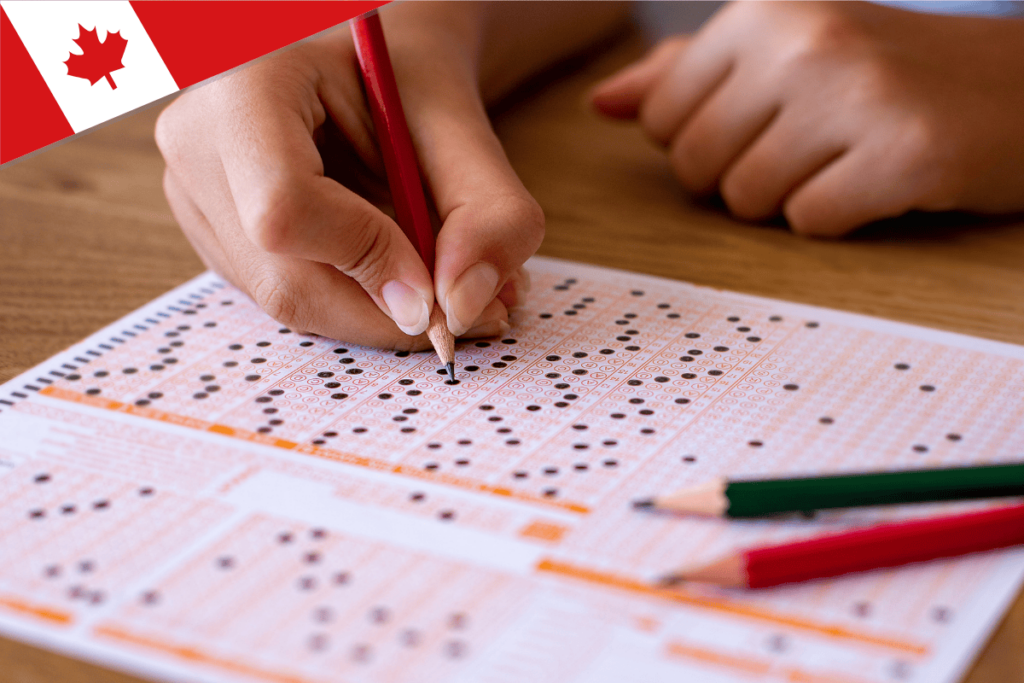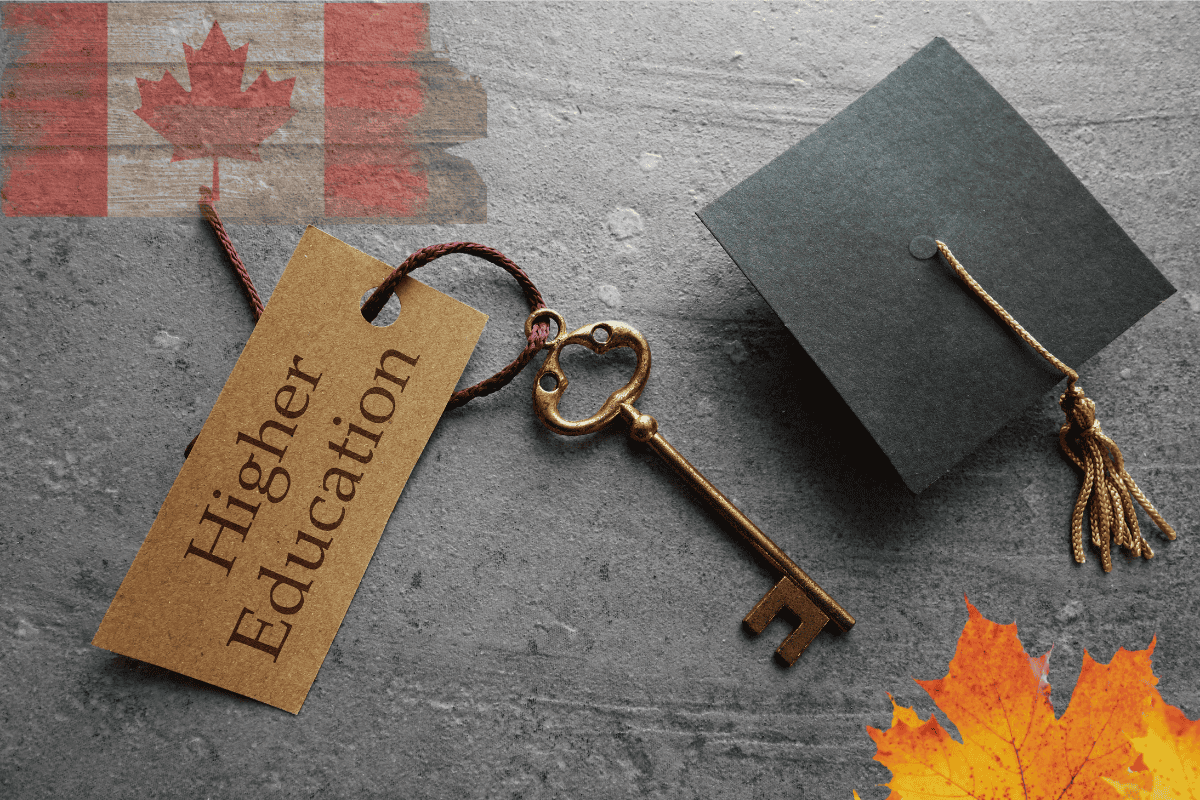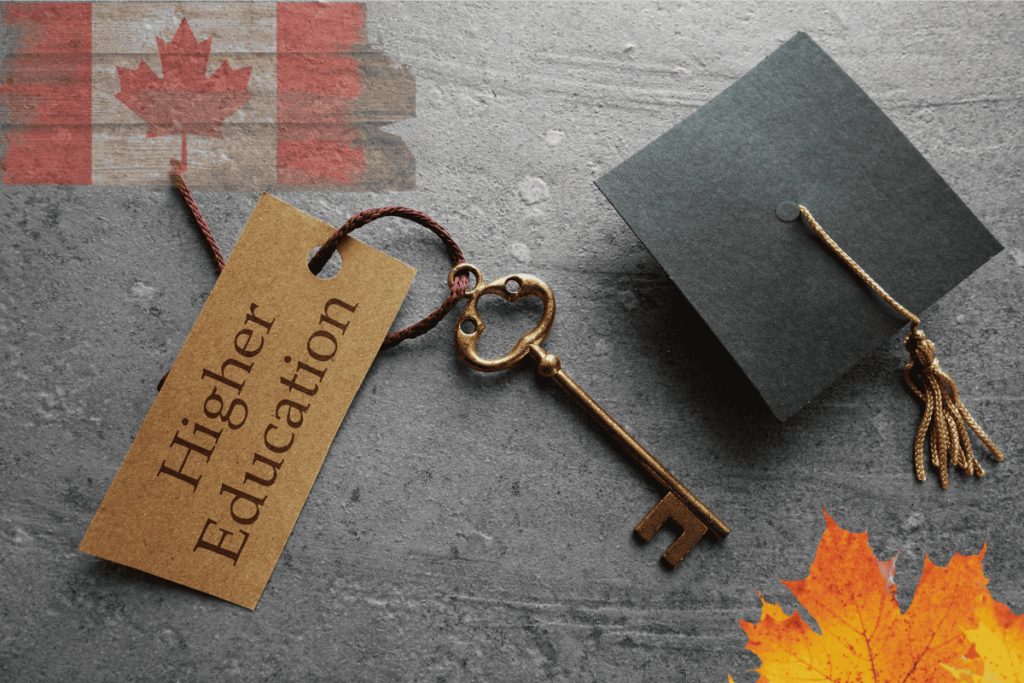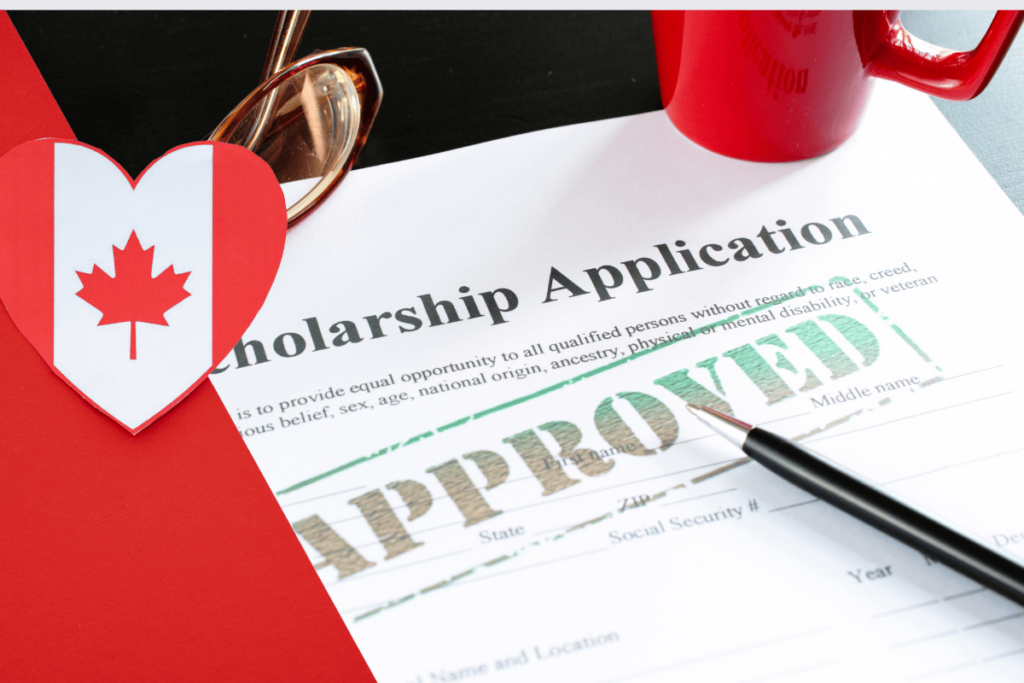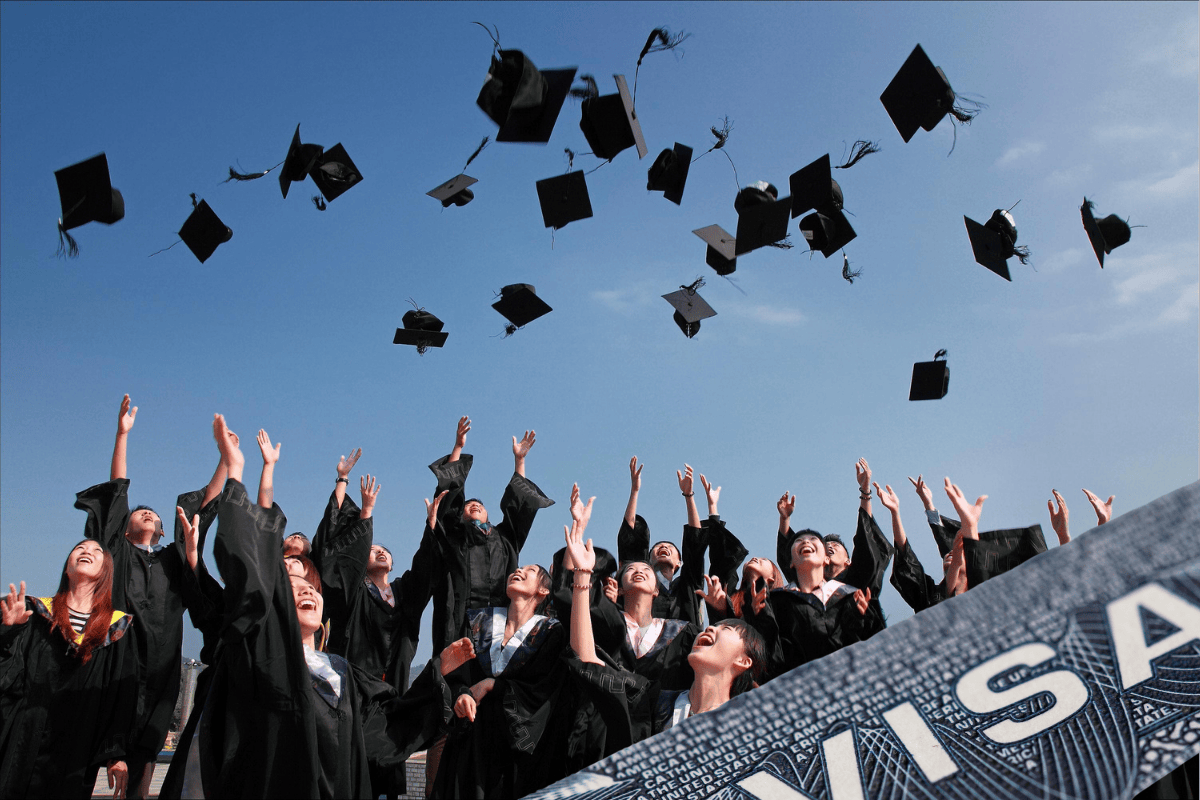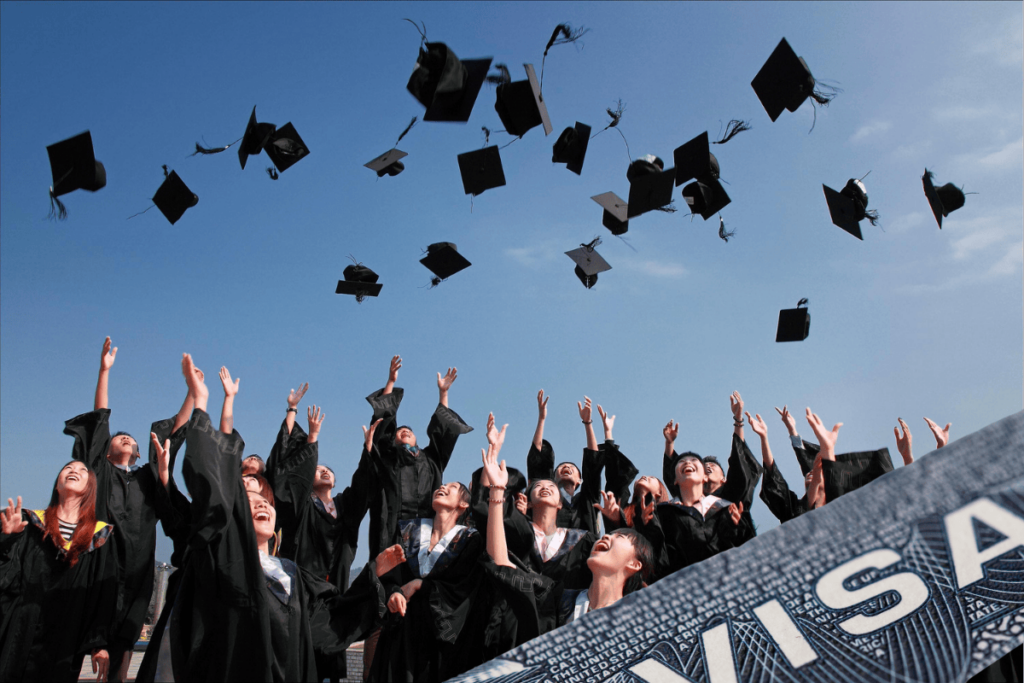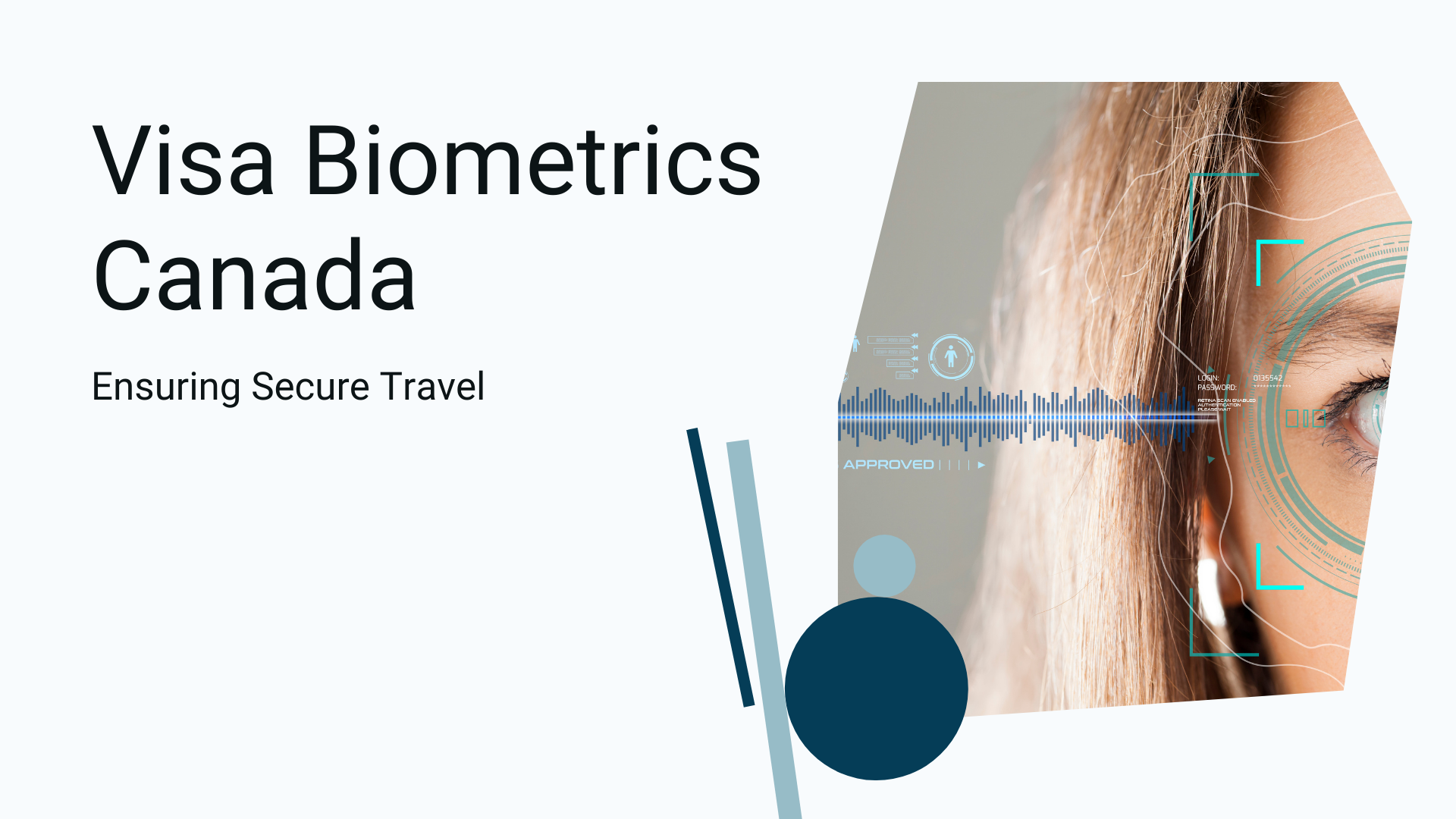Introduction
Studying abroad is a dream for many Indian students, but financial constraints often pose a challenge. Understanding the education loan for abroad studies by Indian government, scholarships, and financial planning can make this journey smoother. This comprehensive guide covers government education loans for study abroad, Indian government scholarships for studying abroad, and essential financial planning strategies to help you fund your international education effectively.
Education Loan for Studying Abroad: Everything You Need to Know
Types of Education Loans for Studying Abroad
Government Education Loans for Study Abroad
The Indian government offers various loan schemes to support students financially. Some of the notable options include:
- Vidya Lakshmi Portal – A centralized loan application platform where students can apply for multiple banks' loans.
- Padho Pardesh Scheme – An interest subsidy scheme for students from economically weaker sections.
- Dr. Ambedkar Central Sector Scheme – Specifically for Overseas Scholarship for SC Students.
Private Bank Education Loans
Many private banks offer education loans for studying abroad with different interest rates and repayment terms. Key players include:
- State Bank of India (SBI) Global Ed-Vantage Scheme
- HDFC Credila Education Loan
- Axis Bank Education Loan
Non-Banking Financial Companies (NBFCs)
Some NBFCs also provide education loans with flexible collateral requirements. These include:
- Avanse Financial Services
- InCred Education Loans
- Prodigy Finance
Eligibility Criteria for Education Loans
- Must have secured admission in a recognized foreign university.
- Academic performance plays a crucial role.
- Some loans may require collateral security.
- Co-applicants such as parents or guardians are often required.
How to Apply for an Education Loan?
Research and Compare – Choose the best loan option based on interest rates, repayment terms, and processing fees.
Gather Required Documents – Includes academic records, admission letter, identity proofs, and financial details.
Submit Application – Apply through the respective bank or via the Vidya Lakshmi Portal.
Approval and Disbursement – Upon approval, funds are directly transferred to the university.
Scholarships for Indian Students to Study Abroad
Government-Funded Scholarships
- National Overseas Scholarship – Covers tuition, living expenses, and travel costs for selected candidates.
- Padho Pardesh Scheme – Provides interest subsidies on loans for students from minority communities.
- Overseas Scholarship for SC Students – Financial aid for Scheduled Caste students pursuing education abroad.
Fully Funded Scholarships for Indian Students
- Chevening Scholarships (UK) – Covers tuition, living, and travel expenses for master’s students.
- Fulbright-Nehru Fellowships (USA) – Merit-based scholarships for Indian students pursuing master's or doctoral programs.
- Erasmus Mundus Scholarships (EU) – Offers fully-funded scholarships for international students.
How to Get Scholarships to Study Abroad from India?
- Research scholarship options available on university websites and government portals.
- Meet eligibility criteria such as academic merit, financial need, or research background.
- Prepare necessary documents, including Statement of Purpose (SOP) and Letters of Recommendation (LORs).
- Apply early to maximize chances of securing funding.
Financial Planning for Studying Abroad
Budgeting & Expense Estimation
- Tuition fees vary by country and university.
- Living expenses include rent, food, transport, and health insurance.
- Consider currency fluctuations and forex conversion fees.

Part-Time Work Opportunities
- Countries like the USA, UK, and Australia allow students to work part-time during studies.
- Paid internships can supplement financial support.
Banking & Currency Exchange
- Open a student bank account in the destination country.
- Use forex cards to manage currency fluctuations.
Conclusion
Studying abroad is a significant investment, but with the right financial planning, education loans, and scholarships, it becomes more accessible. Research available funding options, apply for scholarships for SC students to study abroad, and plan your finances wisely to achieve your international education dreams.
If you're looking for personalized guidance, consult financial advisors or education consultants to make an informed decision.
Get expert advice on education loans, scholarships, and financial planning to make your dream a reality.
How can I apply for an education loan for studying abroad?
You can apply through banks, NBFCs, or the Vidya Lakshmi Portal by submitting the required documents and fulfilling eligibility criteria.
What are the best government education loans for study abroad?
Some of the best government-backed options include Padho Pardesh, Dr. Ambedkar Central Sector Scheme, and Vidya Lakshmi Portal loans.
hhhh
nhhhhh
dfghj
sdfghj
Frequently Asked Questions (FAQs)
How can I apply for an education loan for studying abroad?
You can apply through banks, NBFCs, or the Vidya Lakshmi Portal by submitting the required documents and fulfilling eligibility criteria.
What are the best government education loans for study abroad?
Some of the best government-backed options include Padho Pardesh, Dr. Ambedkar Central Sector Scheme, and Vidya Lakshmi Portal loans.
How do I get fully funded scholarships for Indian students?
Apply for international scholarships for Indian students, such as Chevening Scholarships, Fulbright-Nehru Fellowships, and Erasmus Mundus Scholarships. Ensure strong academic records and application essays.
Can I work part-time while studying abroad?
Yes, most countries allow students to work 20 hours per week during the semester and full-time during breaks.
What are the collateral requirements for education loans?
Collateral may be required for loans above INR 7.5 lakhs, including property, fixed deposits, or insurance policies.






